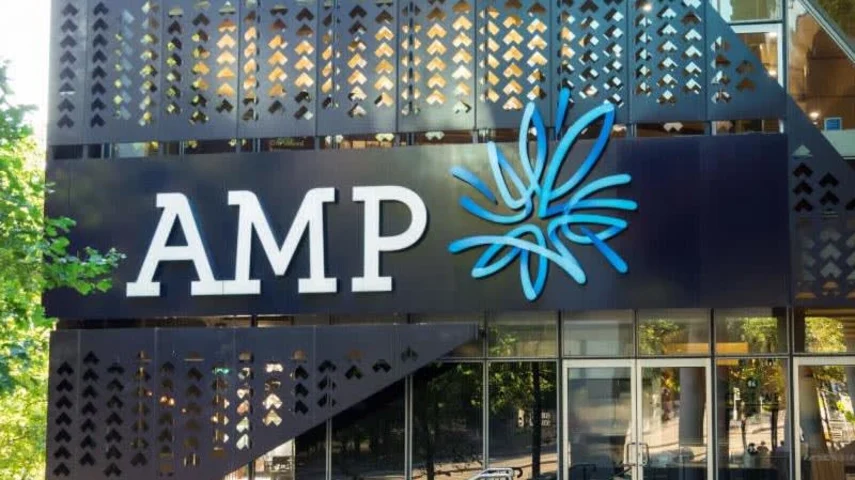AMP super returns to quarterly outflows



AMP has returned to outflows for its superannuation business after reporting its first positive cash flow last quarter.
In an ASX update for the three months to 30 September, the firm said net cash outflows were $241 million during the quarter, but said this was a 27 per cent improvement on $334 million outflows experienced in the third quarter of 2024.
However, it proceeded positive net inflow of $33 million in the second quarter, which was the first time it had reported positive quarterly net cash flow since 2017. This had been attributed to the impact of member retention initiatives and new offering such as AMP Lifetime Super.
Superannuation and investment assets under management (AUM) were $60.5 billion, up from $58.5 billion a year ago, thanks to positive investment markets.
Pension payments were $102 million, largely flat on the same period a year ago.
Commenting on the results, AMP CEO Alexis George said: “We are continuing to drive member retention by providing exclusive access for AMP members to our intuitive digital advice journeys and our innovative retirement income solution, AMP Lifetime Super.
“In August we enhanced our proposition even further when AMP Super became the first major super fund to offer cashback rewards that can boost members’ super balances – leveraging Citro’s established rewards platform.”
In its platform division, net cash flow excluding pension payments was $1.2 billion for the quarter, up from $750 million in the same period a year ago, while pension payments were $583 million. AUM increased to $86.9 billion, up from $78.1 billion a year ago.
In August, AMP head of portfolio management, Stuart Eliot, said the super fund was open to using crypto ETFs within the superannuation fund. AMP Super was the first super fund to invest in cryptocurrency, adding bitcoin futures into its dynamic asset allocation program in May last year.
Speaking at the Australian Wealth Management Summit on 23 August, Eliot said that one of the trigger points for AMP Super deciding to allocate a small exposure to this asset class was the approval of crypto ETF products by the Securities and Exchange Commission (SEC) in the US.
“That event gave the asset class institutional legitimacy and that triggered us to conduct research into whether we could build effective trade models for that. That took about three months and we then got all the necessary approvals to go live,” said Eliot.
Recommended for you
Super trustees need to be prepared for the potential that the AI rise could cause billions of assets to shift in superannuation, according to an academic from the University of Technology Sydney.
The major changes to the proposed $3 million super tax legislation have been welcomed across the superannuation industry.
In holding the cash rate steady in September, the RBA has judged that policy remains restrictive even as housing and credit growth gather pace.
A new report warns super funds must rethink retirement readiness as older Australians use super savings to pay off housing debt.










